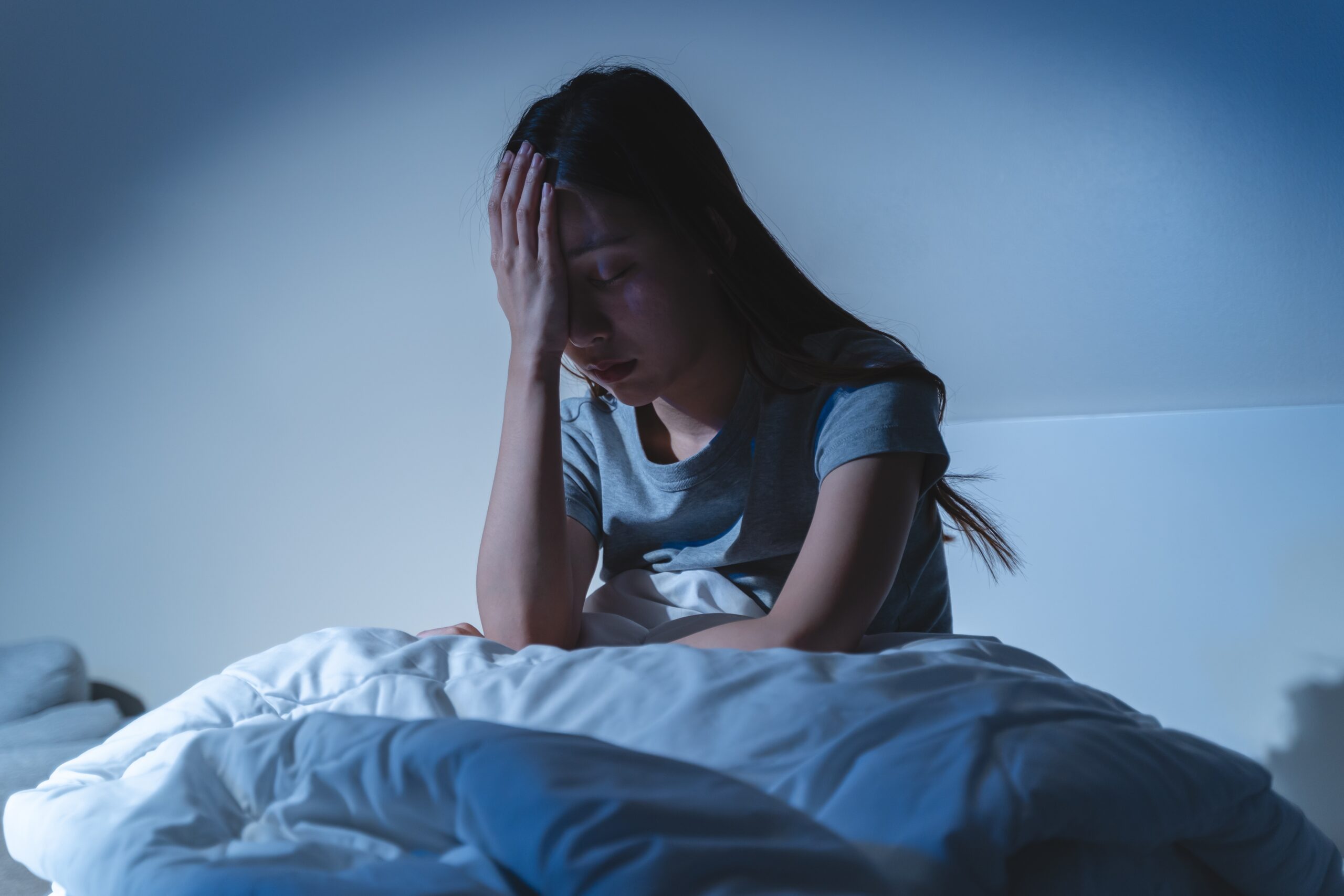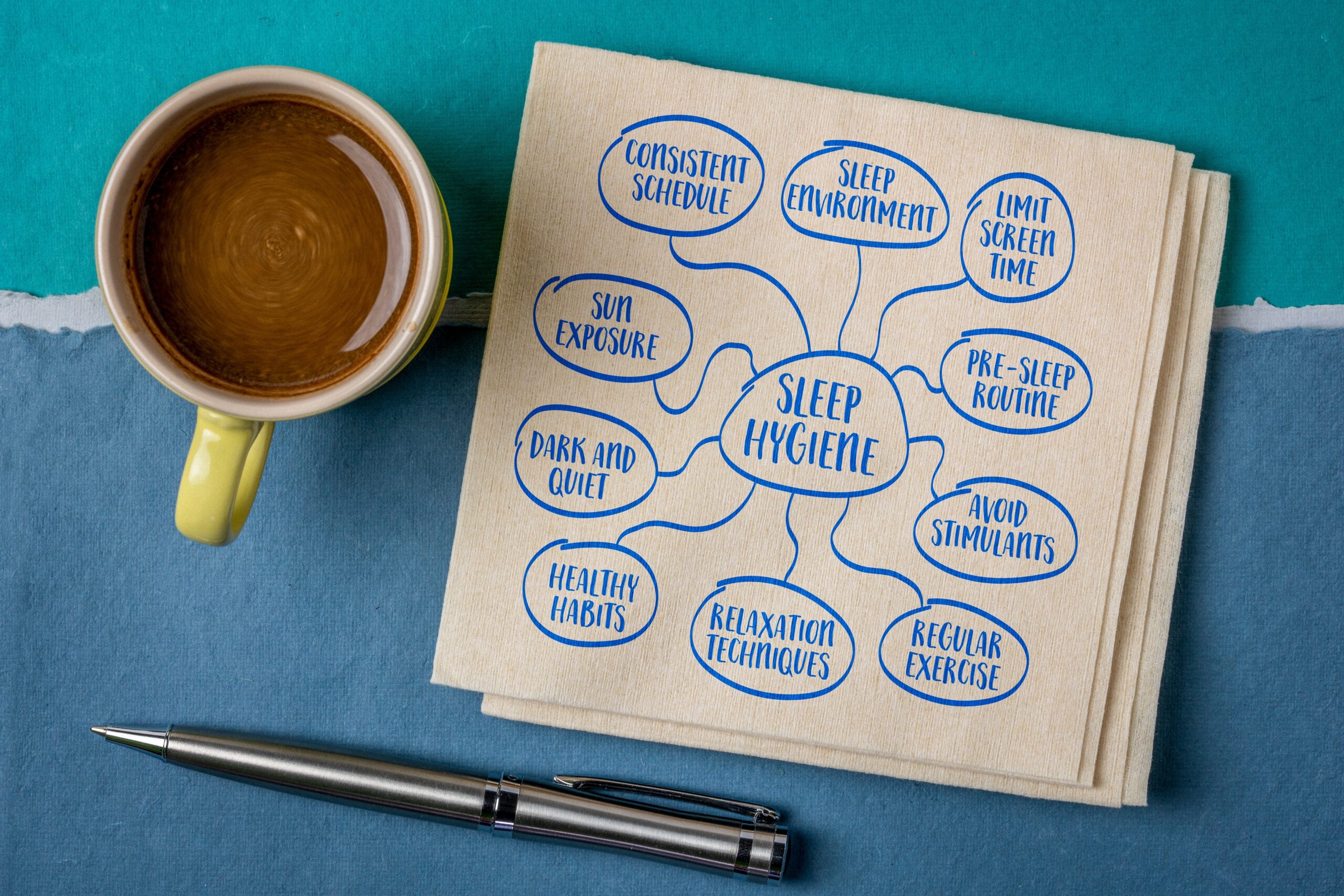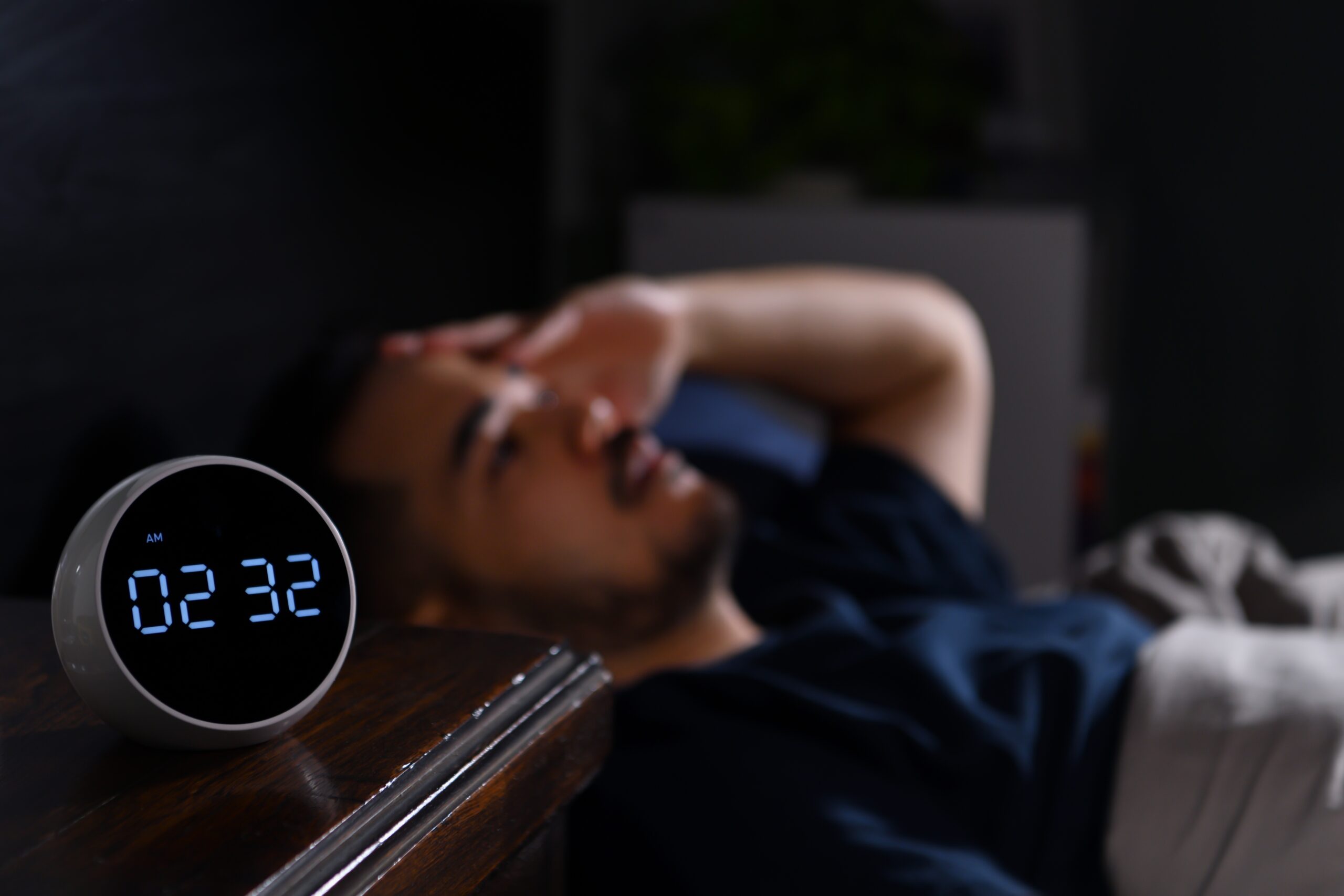Common Mistakes People Make When Building Better Sleep Habits
2025-10-1
At this point, I don’t think there is anyone that doesn’t know sleep is both good for them and essential for achieving their fitness goals. It appears on literally every list of top “hacks” to get stronger, be less depressed, and yes, lose body fat. With all the focus around sleep you would think we are doing a much better job of actually helping sleep habits.
In a 2025 report by the National Sleep Foundation, they found 6 out 10 Americans lacking sleep. Whenever I see something that we KNOW is good for us continue to be a challenge to help, I think if we are giving the RIGHT strategies. That is why I wanted to take this opportunity to not just think about building better sleep habits, but also stop doing things that don’t really seem to help.

Mistake: Using Sleep as a “Catch-Up” Strategy
Many people assume they can make up for lost sleep on weekends. While occasional recovery sleep can help with acute deprivation, chronic sleep restriction followed by weekend “catch-up” often doesn’t restore cognitive performance or metabolic health. In fact, research shows inconsistent sleep patterns are linked to increased risk of obesity, diabetes, and cardiovascular disease (PMID: 31167888).
Better Approach: Aim for consistency. Going to bed and waking up at similar times—even on weekends—anchors your circadian rhythm. Research backs this up…” the available evidence supports that earlier sleep timing and regularity in sleep patterns with consistent bedtimes and wake-up times are favourably associated with health.” (PMID: 33054339)
Finding a schedule and routine that works for you (as well as your whole family preferably) is going to be key. It doesn’t mean you can’t go out and do things, but as much as possible try to follow your routine which helps train your body when you are going to sleep and makes sleep easier.

Mistake: Over Reliance on Sleep Tracking Devices
Wearables and apps have made sleep tracking accessible, but they can create more anxiety than improvement. Researchers have coined the term “orthosomnia” insomnia induced by sleep tracking and worry about sleep quality (PMID: 27855740). People end up sleeping worse because they’re stressed about whether they’re sleeping “well enough.” An over reliance or emphasis of such tools can make people feel anxious and too focused on being a perfectionist. It doesn’t meant these tools are bad, but have to be carefully communicated with about how to optimally use.
Better Approach: Use trackers as a general guide, not an absolute measure. Focus on behaviors that support good sleep like reducing caffeine, keeping a cool bedroom, and winding down rather than obsessing over every metric. There will be times where life happens and our sleep gets messed up, it doesn’t mean we have to feel like a disaster when it does so.
Mistake: Trying to “Force Sleep” When You Can’t Fall Asleep
Tossing and turning in bed, hoping to eventually fall asleep, often backfires. The brain begins to associate the bed with frustration and wakefulness rather than rest. Cognitive behavioral therapy for insomnia (CBT-I), a commonly used practice for chronic sleep problems, recommends the opposite approach: if you can’t sleep after ~20 minutes, get up and do a calm, low-stimulation activity until you feel drowsy (PMID: 36908717).

Better Approach: If you find yourself not falling asleep easily, the worrying about NOT sleeping can actually keep you up and make things worse. Using a mindful mediation (which helps remove your focus on not sleeping and easing your mind if you are worrying) like a body scan is a great way to help settle the mind and set a better environment for sleep. You can also get up and go to a low lit, comfortable area and start to read a book or listen to soothing music until you are sleepy.
Mistake: Underestimating Stress and Mental Health
Finally, one of the biggest mistakes is thinking sleep is only about physical behaviors bedtime, caffeine, screens while ignoring the role of stress and mental health. Chronic stress elevates cortisol, which disrupts sleep onset and reduces deep sleep quality (PMID: 38554533). Anxiety, depression, and rumination are strongly tied to insomnia, and no amount of perfect “sleep hygiene” can fix it if the root cause isn’t addressed.
Better Approach: Incorporate stress-reduction practices into your day. Evidence supports the use of gentle moving exercise (we are kinda bias to our Myofascial Integrated Movement exercises) that incorporate deep breathing and mindfulness. The field of Positive Psychology (not the silly memes you see online but a far more expansive science) has shown that writing down three things you are grateful for that happened that day and why they were meaningful can not only improve one’s mood, but has also been shown to be a greater buffer from anxiety, depression, and other such issues (you can read more about it HERE).
There is some good advice around helping build better sleep habits. However, it easy to make one overly anxious about being too perfect and becoming overwhelmed by all that COULD be involved in developing such habits. That is why personalizing solutions is ideal and making sure to not only address the specific challenges one faces, but also help them build it into their lifestyle.
Find out MUCH more in our upcoming 6-week CEU online Fat Loss Masterclass where you can save 25% with code “coach25” THIS week only HERE.
© 2026 Ultimate Sandbag Training. Site by Jennifer Web Design.








